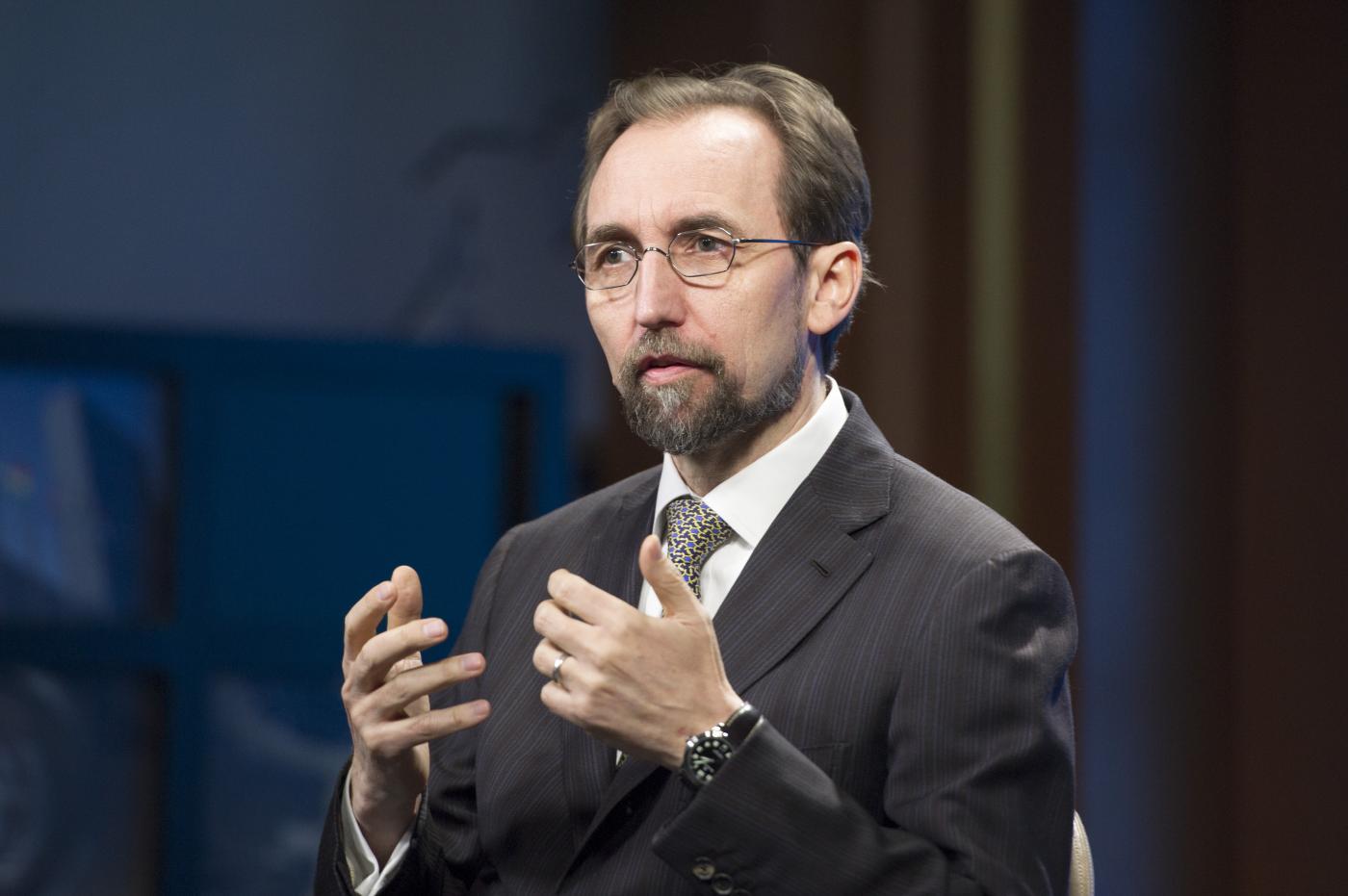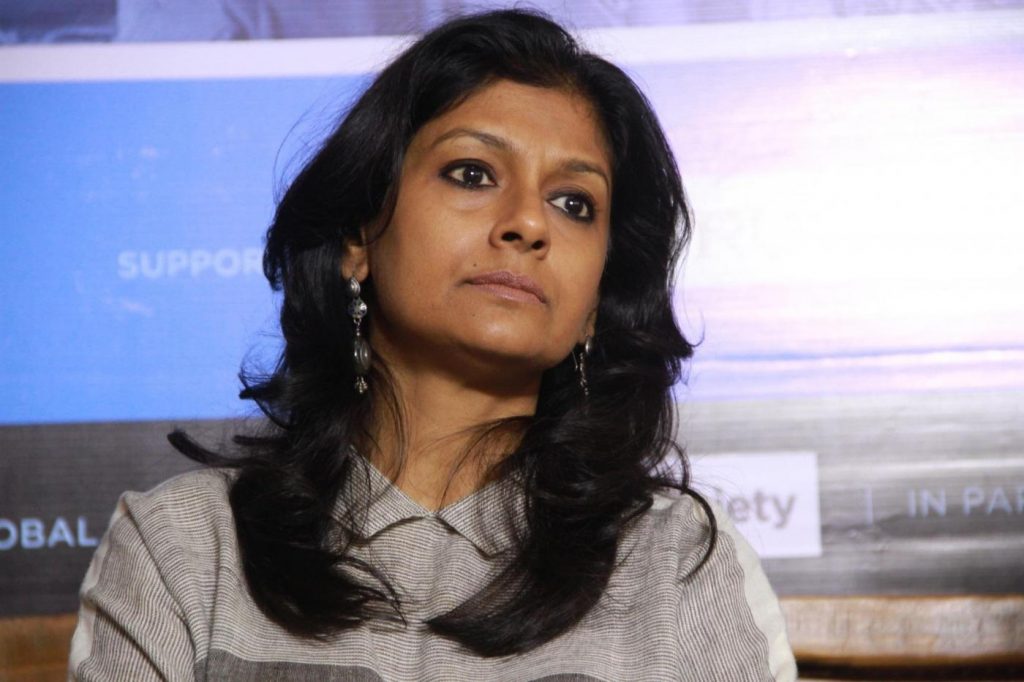The recently released UN Report on Kashmir is misleading, mischievous and dangerous, for it promotes fake news, grossly faulty assumptions and turns a blind eye to terrorist groups and their patron state in Pakistan. It is deplorable to witness the compilation of a report based on fake news and sensational reporting favouring a section of the community. The report has all the more questionable as it is authored by the UN Human Rights chief Zeid Ra’ad Al Hussein, a Jordanian prince and ambassador, who has had a cosy relationship with Pakistan….writes Dr Sakariya Kareem

The recently released UN Report on Kashmir is misleading, mischievous and dangerous, for it promotes fake news, grossly faulty assumptions and turns a blind eye to terrorist groups and their patron state in Pakistan. The brutal killing of veteran Kashmiri journalist, Shujaat Bukhari, by terrorists sponsored by Pakistan, hours after the release of the book, exposes the report’s highly tendentious and mischievous conclusions.
The report has all the more questionable as it is authored by the UN Human Rights chief Zeid Ra’ad Al Hussein, a Jordanian prince and ambassador, who has had a cosy relationship with Pakistan. On several occasions, India has pointed out that al Hussein has been overtly biased in favour of Pakistan while taking a jaundiced view of India’s position and arguments. In 2016, for instance, when al Hussein made very objectionable remarks about India, the Indian envoy to the UN, Mr Ajit Kumar, had replied in response asked why was he silent on Pakistan which was proved on several occasions to be the sponsor of terrorism and terrorist groups.
“The central problem in Jammu & Kashmir is cross-border terrorism, and hence, we are a little surprised that the high commissioner was silent regarding Pakistan that uses terrorism as an instrument of state policy,” Mr Ajit Kumar was quoted as saying.
It is in this context that the UN human rights chief’s call for a Commission of Inquiry into the situation, and especially about his remarks about graves, assumes a mischievous tone. Being a UN human rights chief for the last three years, he should have been acutely aware of the prolonged violence in Balochistan, the steady discovery of mass graves of people killed by the state, the long list of disappeared persons, the troubled Pashtuns, Sindhis and Kashmiris. Why has he never called for an inquiry into these mass killings in Balochistan or into the case of disappeared persons.
His selective picking of fake news and propaganda to come to a grievously erroneous conclusion about India’s actions in Kashmir should have been dismissed as a propaganda except for the high position of responsibility he holds. It seems he is working on a particular agenda, which Pakistan, has been parroting for quite some time, to `internationalise` a dispute which is essentially a bilateral issue between two sovereign nations. There has been some recent initiatives from both the countries to resume their dialogue on the issue–India called for a unilateral ceasefire during the Ramzan month and Pakistan has expressed its intent to create an atmosphere to resume the dialogue which began in 1999.
Releasing a tendentious and mischievous report at this critical juncture, the UN, particularly its human rights chief, has seriously undermined the process of dialogue between the countries and bolstered the position of those, terrorists and their sponsors, who have been causing needless bloodshed and atmosphere of fear in the region for decades now. He should have revisited what the former UN chief, Ben Ki Moon, told the then Pakistani Prime Minister Nawaz Sharif in 2016–to sort out the dispute through dialogue with India. He clarified that the UN has no direct role in the bilateral dispute.
Even though the Kashmir report marks the high point of al Hussein’s questionable conduct over human rights issues in the world, he has always maintained a dead silence on the issue of religious killings in Islamic countries, including his own, Jordon. In fact, as an Ambassador of Jordon, he had supported a resolution moved by Muslim countries to keep blasphemy laws out of the purview of human rights violations. Countries like Pakistan, Saudi Arabia and Iran continue to follow anti-blasphemy laws which are often used to target the minorities or dissenters. The punishment in many countries for insulting religion or religious texts or figures is death or life imprisonment. In countries like Pakistan, the victims of these barbaric laws have often been from the minority communities like Christians and Hindus.
The UN report has not created an environment for peace and stability in the region. On the other hand, it has only encouraged terrorists and their sponsors to renew their efforts to cause more violence and bloodshed. The tragic death of a brave journalist at the hands of terrorist in Kashmir is a telling reminder that terrorism is the worst human rights violations and its supporters and perpetrators are worst enemies of humanity. The UN Human Rights chief, Zeid Ra’ad Al Hussein, has done a great disservice to the people of subcontinent.
His selective amnesia about terrorism is equally beguiling. As a senior official of the UN, he must be aware of the latest UN report, released in April this year, which cited 139 terrorist entities existing in Pakistan. These terrorists and their groups are those which are operating freely in Pakistan despite the UN ban. The case of terrorist mastermind Hafiz Saeed and his terrorist groups aptly illustrates how Pakistan has been hoodwinking the international community. The impunity with which these groups are allowed to browbeat the ordinary citizens and act as instruments of killings against own citizens who protest against the state are gross violations of human rights which the UN Human Rights chief has not been able to discover.
The fact that these instruments of death are deployed by Pakistan Army against India, and Afghanistan, should have been enough ground to declare Pakistan a terrorist-sponsor. But neither the US, which often threatens to do so, nor the UN has ever considered any plea by India and other countries to sanction Pakistan for its terrorist activities. Last year, India dubbed Pakistan `Terroristan` for its open sponsorship of terrorism.
If the UN Human Rights chief were to dust up his history of the subcontinent, it would become quite clear to him that a significant portion of Kashmir was usurped by Pakistan and it is still to be returned to the rightful owner, India. It would also become clear that Pakistan first used terrorists way back in 1948 to snatch the remaining part of Kashmir but the Indian army drove them back. Then in the late 80s, Pakistan, using the terrorist machinery created in Afghanistan, dispatched terrorists to Kashmir to cause mayhem and violence. Since then, Pakistan has sponsored, trained and armed hoards of terrorists, many brainwashed and sent to their death in the valley, all in the name of protecting religion. Without this Pakistani sponsorship of death and violence, peace would have come to Kashmir and the subcontinent long back. The UN Human Rights chief’s report is an indirect support of Pakistan’s terrorist policies.








